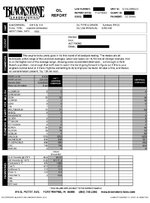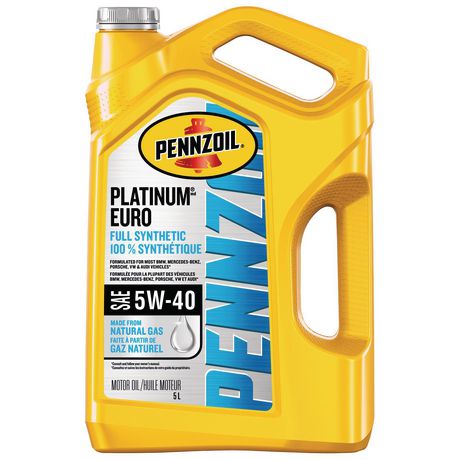Just did my first UOA with Blackstone. I've had the truck since 2013 and bought it with around 15,000km on it. Truck is data tuned and cylinder deactivation turned off. I've always used 5w30 synthetic at 8,000-10,000km intervals. For this particular oil change it was 8,000 so i could do it before winter. Filters are usually Wix XP, though I did use Fram US and TG occasionally. Oil I used Mobil1 when i first got it, i've used Penn UP, Castrol Edge, Rotella Gas Truck, but have been using Kirkland the past few changes. I was towing our boat a fair bit this summer (around 1,500km) which would have been on this sample oil
With the iron a bit high I've read this is common/normal on these engines, true?
With the iron a bit high I've read this is common/normal on these engines, true?
Attachments
Last edited:


